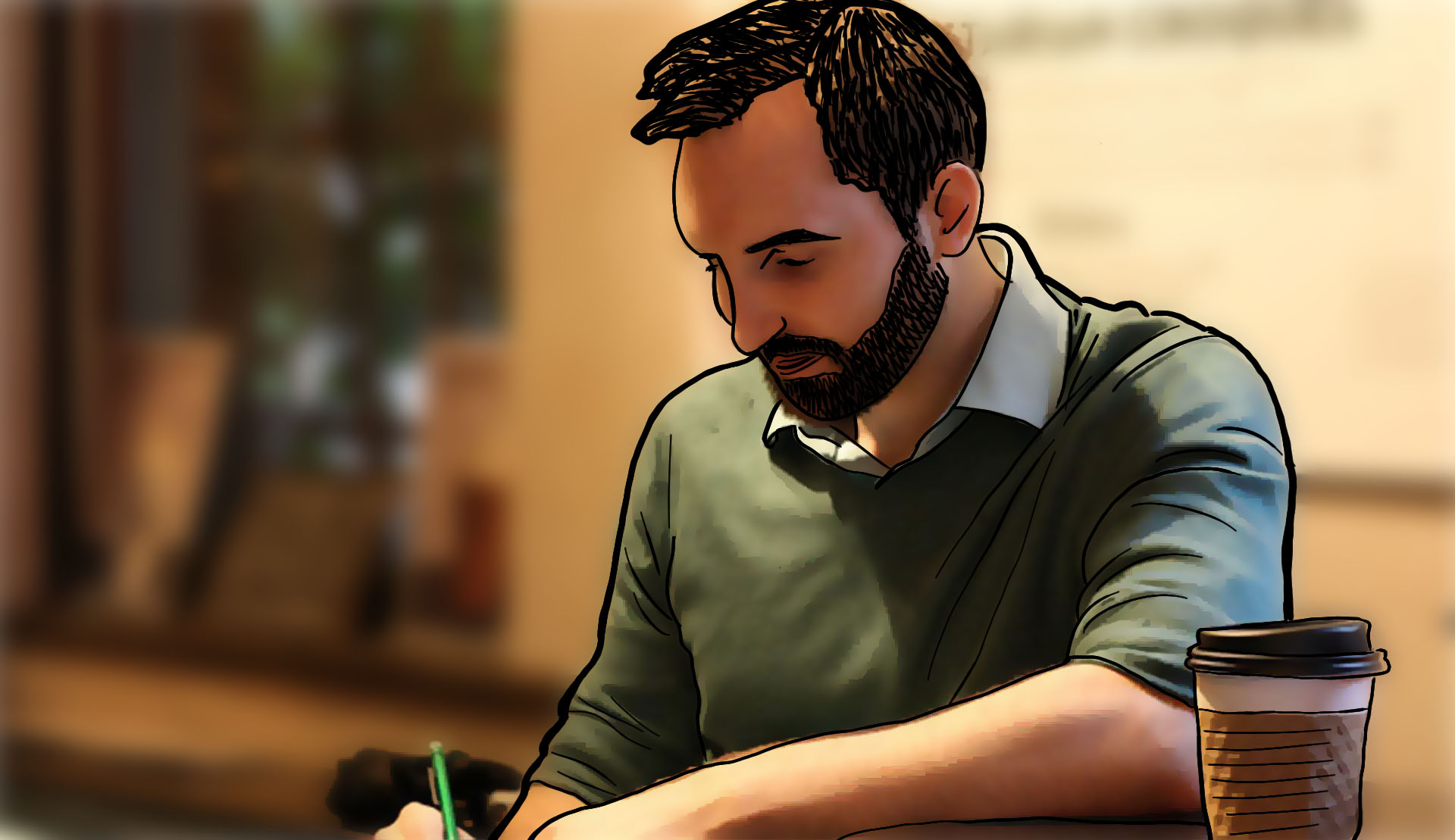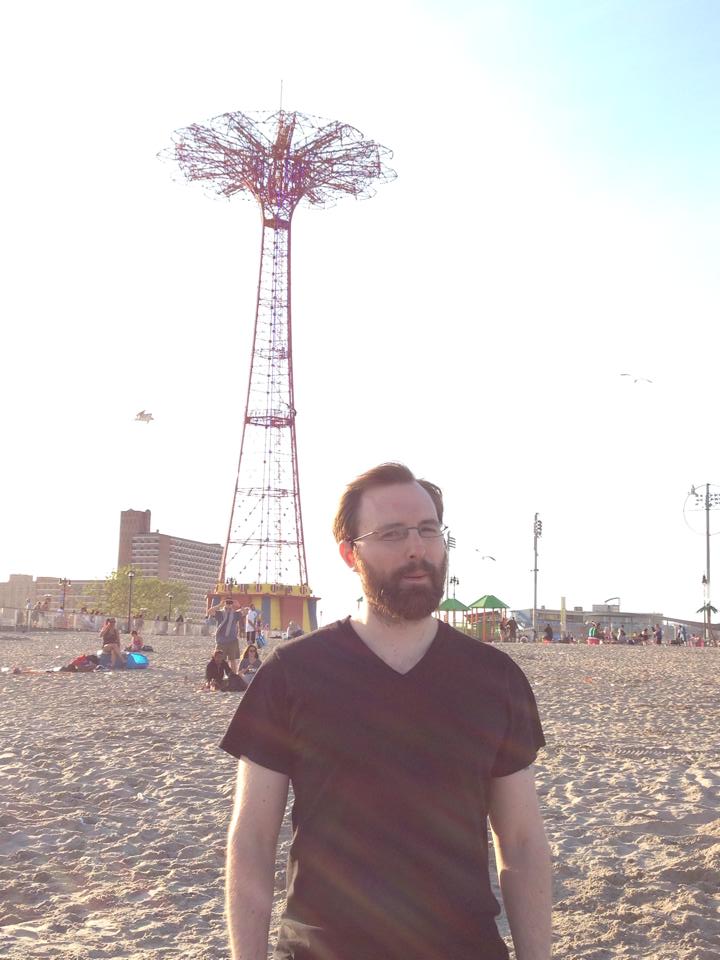I was diagnosed with stage 3 melanoma at the age of 25. Perhaps needless to say, I was completely derailed by my diagnosis. No one really expects to get cancer, not even people with high risk profiles. Because, not everyone does — not even those at higher risk. So, those of us with much lower risk profiles don’t even entertain the possibility. You won’t find it hovering anywhere near the outer reaches of our radar. Cancer just isn’t something you even remotely consider in your twenties, and rightfully so. “Cancer happens to old people!” you think, at the same time as the old people you picture are going, “Cancer happens to older people!” And so on.
But people do get cancer, unfortunately. A good amount of them — me included. And everyone has their own method of dealing with the illness. A solid amount of us exercise a great deal of denial as a means to remove this shackle, if only momentarily, from our thoughts. I imagine that in olden days, the mere suggestion of cancer was probably enough to draw dark clouds around you for the remainder of your days. Nowadays though, with the jump in survival rates due to innovative treatment methods like immunotherapy, and increased attention on young adult survivors, the cancer discussion is turning around. We’re taking it back. Us younger folks are starting to get more of the spotlight for our unique ways of dealing with a cancer diagnosis.
At 25, I wasn’t willing to say, “Oh well,” lay down and wait for everything I knew and loved to be taken from me. This is not to say that I had much of a choice in the matter — I can’t stand people who think that you’re responsible for your cancer, or that you could pull yourself out of it if only you exercised just a bit more positive energy. Those people don’t understand science or immunology or the basic structure of the world. And scary cancer is too scary so they say fluffy things and inadvertently blame people who don’t make it by making them out to be pessimists. I made sure to avoid that kind of thinking, but at the same time I knew that I wasn’t ready to die. I would do whatever I needed, treatment-wise, and I would go on for as long as I could.
Younger survivors, the ones who aren’t ready to go, are changing the entire landscape of cancer. It’s happening right now, before my eyes. And it’s amazing. The fact that ABC has a new primetime show about a young adult cancer survivor speaks volumes. The fact that movements like Stupid Cancer and blogs like Lacuna Loft exist means the world. Young adult survivors have taken cancer and incorporated it into their own realm — molded it to fit within the paradigms that only millennials understand. And we’re making it work. We’re drawing more attention to the issues every day, raising record funds, and aiding in the development of advanced treatments that will one day cure every kind of cancer around. This is the goal we all strive toward, and it’s a goal that will be met in my lifetime.
Young adults will continue to alter the landscape in everything they do — everything including the diseases they get. Until very soon, when a cancer diagnosis will only require an extended doctor’s visit. Those of us in the young adult community will make that possible through our continued efforts of raising awareness and innovative approaches to conquering the disease.



